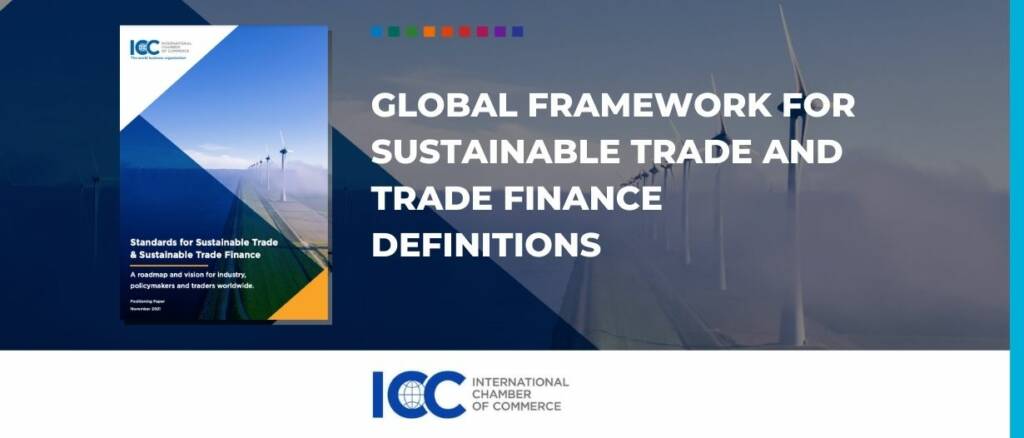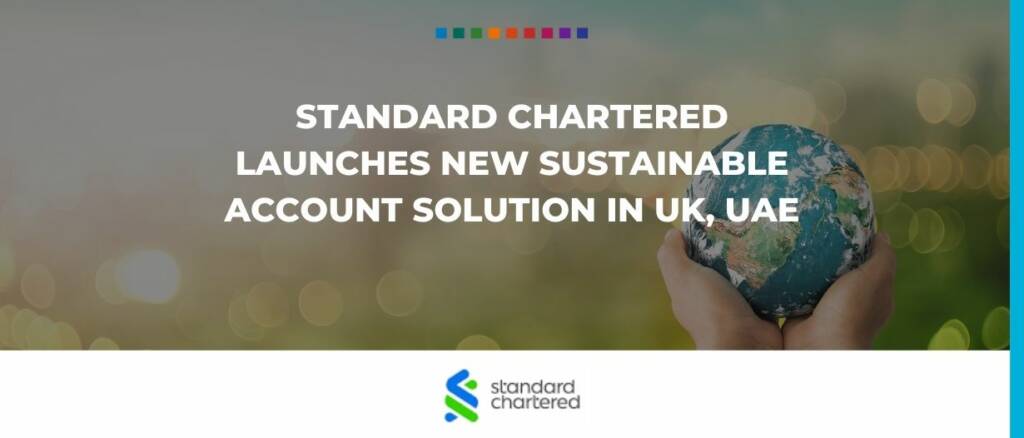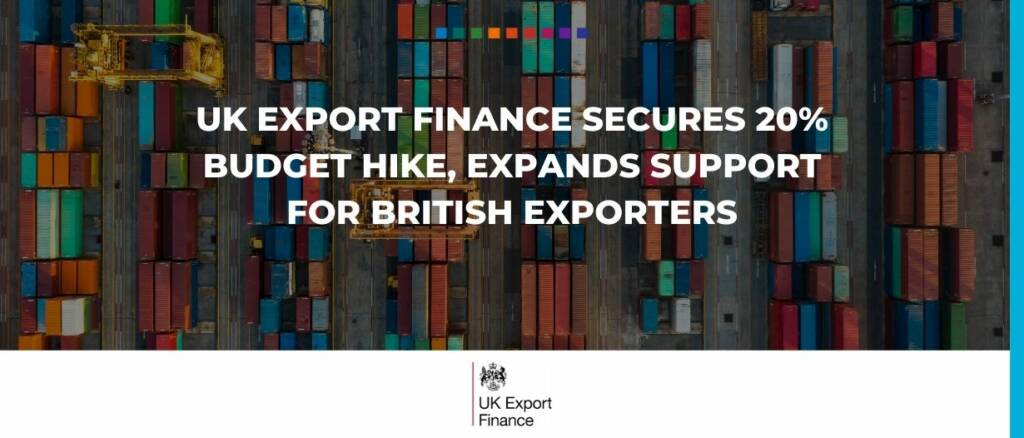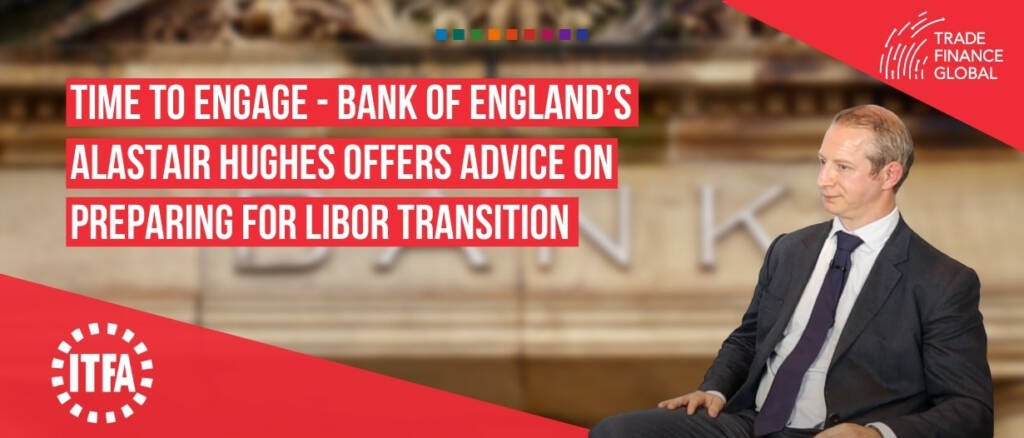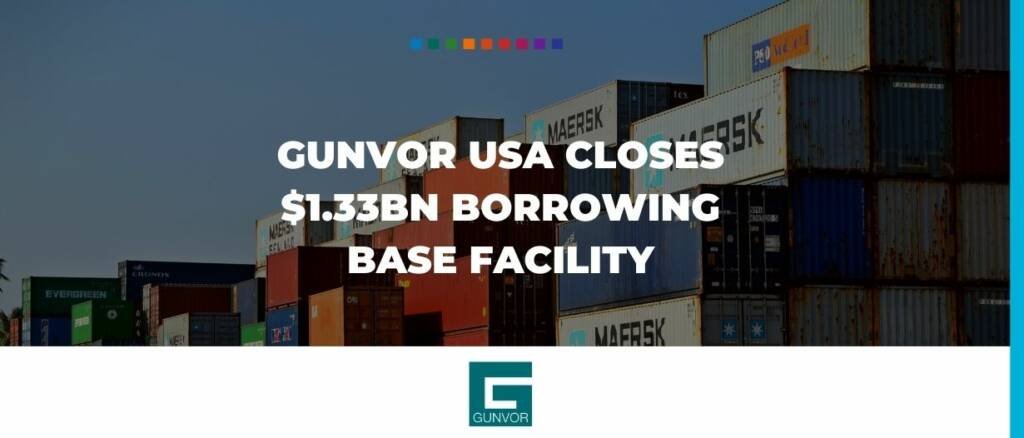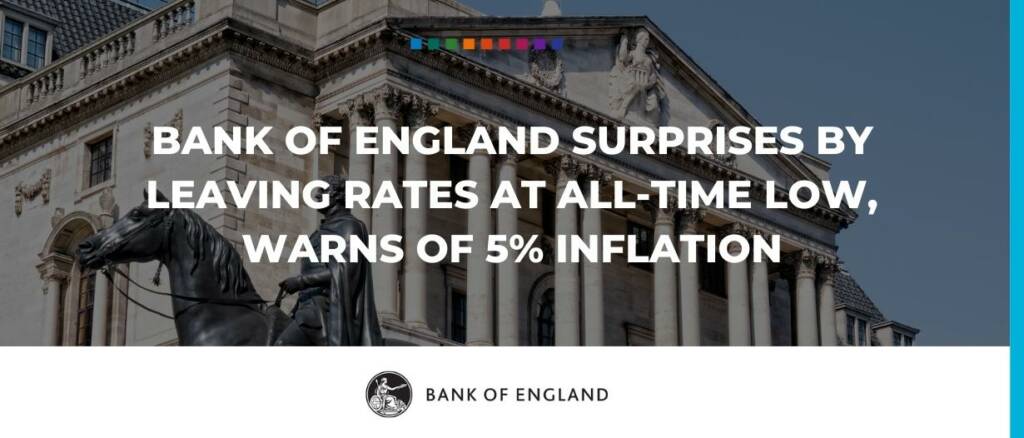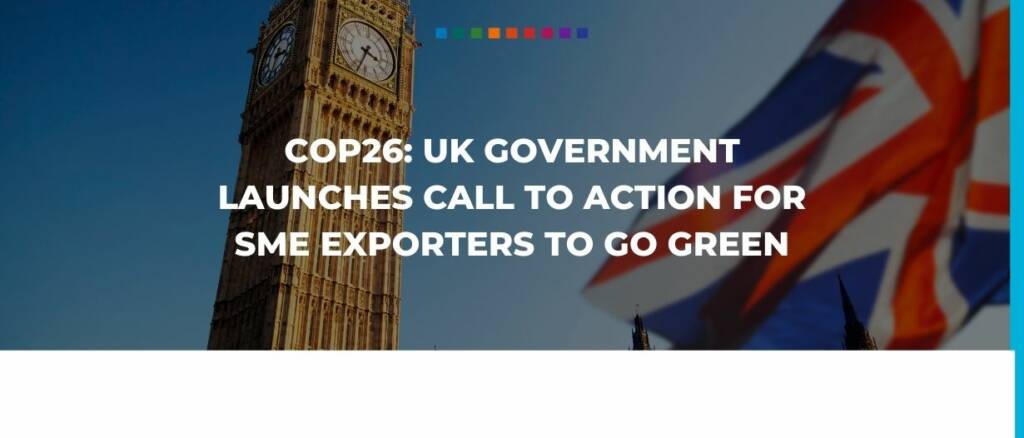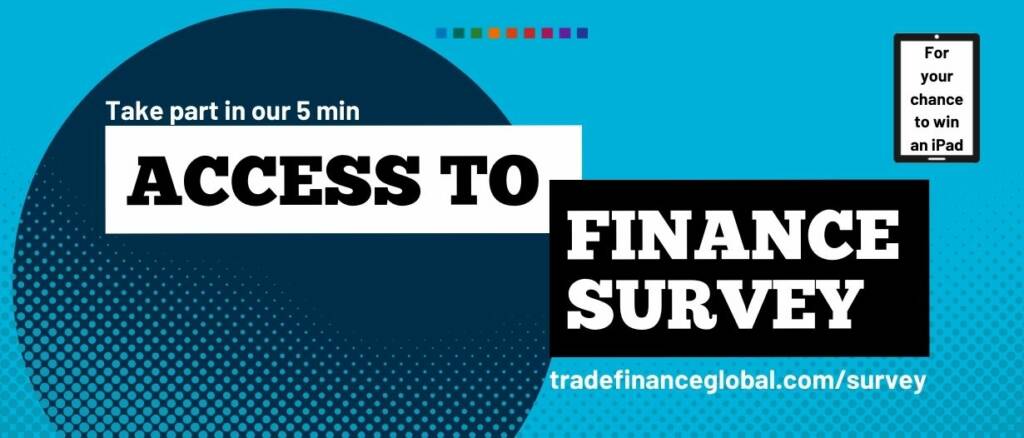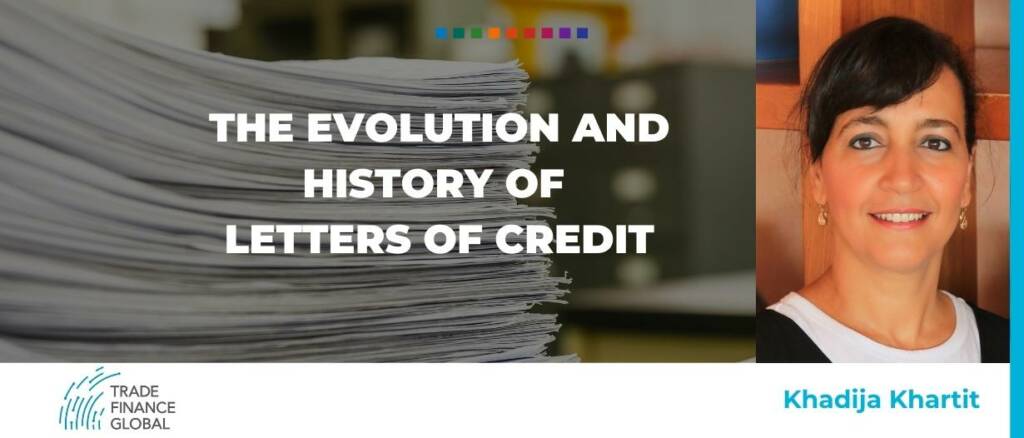Trade Finance Global (TFG) has today launched the Sustainable Trade Finance Hub during COP26.
The International Chamber of Commerce (ICC) has published a new report setting out proposals to tackle the challenge of defining and setting common standards for sustainable trade and trade finance.
British multinational bank Standard Chartered has announced the launch of Sustainable Account, a new solution that enables corporate clients to contribute to sustainable development while maintaining daily access to their… read more →
UK Export Finance (UKEF), the export credit agency of the British government, has secured a 20% budget hike as part of new spending plans designed to boost support for UK… read more →
The cessation of the London Interbank Offered Rate, or LIBOR, will be one of the most important events affecting trade finance this year.
Gunvor USA, a subsidiary of Swiss commodities trader Gunvor Group, has closed the syndication of its $1.33 billion borrowing base credit facility. The facility includes a $500 million accordion feature,… read more →
The Bank of England has surprised investors today by voting against a rise in its benchmark interest rate, which would have been its first since August 2018.
UK Export Finance (UKEF), the UK’s export credit agency, has launched a call to action for British SMEs to “go green” and take advantage of renewable export opportunities. With expectations… read more →
Please enter our Access to Finance Survey, and you’ll also be entered into our prizedraw and have the chance to win an iPad.
Letters of credit emerged in Europe in the 1800s. However, in their early days the functionality of letters of credit was limited, due to the non-uniformity of national laws.
















